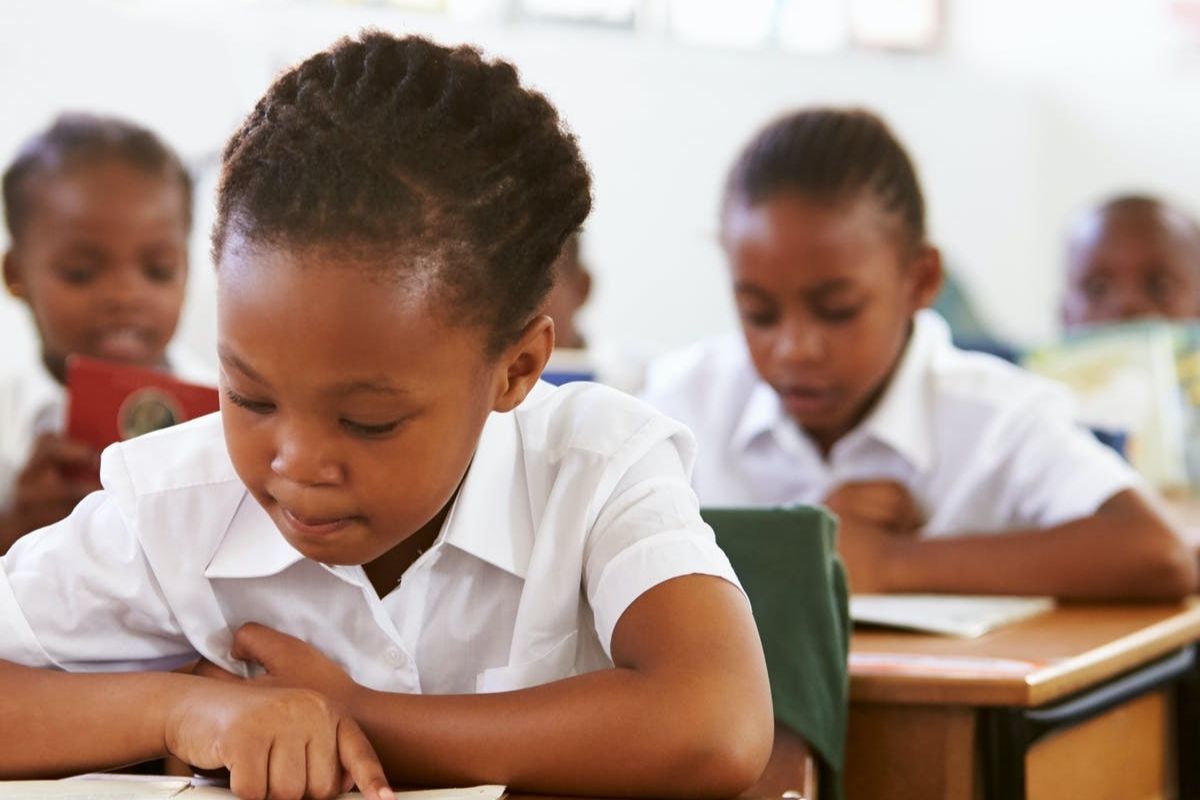The Learning Trust exists to contribute towards building sustainable and impactful community-based organisations in the After School Sector. We play the role of strengthening organisational development through coaching, mentoring and skills-building; with the aim of improving education outcomes for learners in underserved communities.
As our government grapples with the decision regarding the reopening of schools and After School Programmes (ASPs), it is becoming increasingly clear that ‘things will never be the same’. For parents, teachers, and students, various aspects of schooling might not return to the way they were before. Similarly, we have seen After School organisations experience many challenges during the pandemic, guaranteed to have a long-lasting impact.
Pre-existing inequalities and widening gaps
South Africa’s unequal education system is largely characterised by our unfortunate history of systematic racism and politico-economic inequalities. Consequently, over 80% of our public schools – attended mainly by Black and Coloured learners – remain dysfunctional and under-resourced, resulting in poor academic performance.
Over and above these pre-existing inequalities, COVID-19 has exposed greater inadequacies. During this time, well-resourced schools explored technological methods to reach their learners at home, whilst learners from low-income communities had little access to learning material. This period has merely widened the gap that exist within our education system, whilst it has also built a strong case for why the non-profit education sector is such a powerful player in filling in the gap.
Redefining innovation in the local context
It is true that in every challenge, lies an opportunity. Technology has transformed almost every aspect of our lives, including education systems around the world. While much headway in delivering educational content virtually as a response to the pandemic has been made, the spotlight on South Africa’s digital divide has never shone brighter. To bring us back on track with preparing the workforce post COVID-19, it is even more critical now that we innovate around educating the marginalised and underserved majority of youth and children.
But innovation is too often defined as coming up with NEW ideas, when in fact, it is also the alteration, evolution and repurposing of what already is. From that perspective, there is much by way of innovation in the Education space – through the use of existing technologies like low-cost smartphones, WhatsApp and other digital applications to mediate learning, the return of good-old print and the reimagining of entertainment platforms for educational purposes.

Embracing simplicity and expanding access
The reality is that we work in communities where technological access is limited. Through our webinars, we opened a platform for organisations learn how to bridge the digital divide with their staff and beneficiaries through the use of simple and accessible innovative means. Organisations shared lessons on how they have explored technological methods to continue their reach during this time. Beyond the much-needed provision of technology and devices to aid learning at home where we can afford to, there is an increasing need to bridge the economic gap by embracing simplicity and meeting our populous where they are. If we see innovation as merely a paradigm shift, a celebration of the unconventional and an alternative way of seeing something, then what can emerge in this new reality can constitute innovation.
Providers in the education sector need to heed the call to continue to use paper to engage kids in creative expression, television to deliver content across literacy barriers, and radio shows to awake the dormant imagination of our youth. All these platforms have already offered some innovation in how we deliver education in the era of social distancing while, more importantly, ensuring that we narrow the inequality gap by leaving no child behind.
Looking Ahead
Our future plans are to continue funding organisations and ensuring that they are able to sustain themselves, while leading the efforts of the sector to innovate and reinvent itself post-COVID. We want to guide our grantees through strategising and refocusing on innovative programming and alternative platforms to support learners.
The pandemic has called on parents to be teachers and everyone to adapt to online learning. As we become more accustomed to new learning methods, the digital divide remains a significant concern. In our programming methods and approach, we must ensure that no child is left behind. As these changes continue to shape the education space around the world. Therefore, it is important to reflect on the opportunities brought on by these changes and how they can transform our thinking and strategies going forward.
